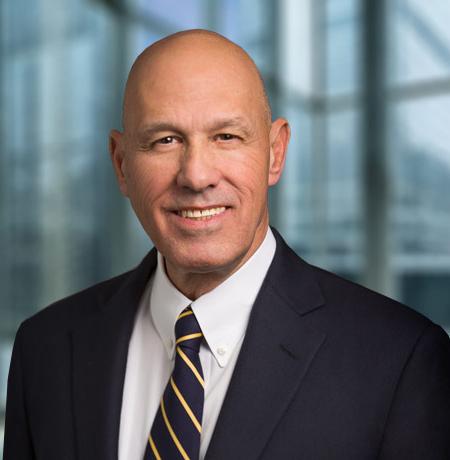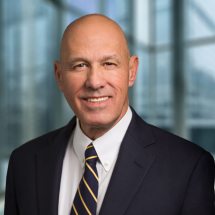Something I have been writing about and speaking about recently is how difficult it is to operate a hospital in post-Covid America. The line-up of management and governing obstacles includes both old and new healthcare issues:
- Financial instability
- Ongoing labor disruption
- Remnants of significant healthcare inflation
- Payer chaos
- A continuing pivot from inpatient to outpatient services
- The endless introduction of alternative care options (CVS, Walgreens, Walmart, Amazon, and now Costco)
It takes considerable hard thinking within executive suites to figure out the best way forward; to find the best roadmap through—at a minimum—the six obstacles outlined above. And as I have noted in my recent speaking engagements, a solution to one of these obstacles might actually make others of these obstacles more difficult to solve.
I have in recent weeks been looking for a “thought platform” that can assist hospital C-suite executives in resetting managerial expectations and operational initiatives—expectations and initiatives that can more effectively cope with the current and distressingly difficult environment.
Moving the hospital organizational thought platform from its 2019 managerial themes to a more relevant platform that better suits the challenges of 2023 is a managerial problem all of its own. Simply telling a large and very complex healthcare organization to stop thinking in pre-Covid terms is not likely to accomplish much. Before you can establish the organizational thought platform that best guides your hospital forward, you will need a leadership team that is committed to creating a “listening and learning” healthcare company.
A good tool for making your way to a listening and learning organization and eventually to a new and more relevant thought platform is the book The First 90 Days: Proven Strategies for Getting Up to Speed Faster and Smarter, by Michael D. Watkins. Mr. Watkins is a co-founder of Genesis Advisers and a professor at the IMD Business School in Lausanne, Switzerland. The First 90 Days was originally published in 2003 as a guide to business executives moving into new senior positions of major responsibility. But the book also contains general management advice which is relevant not only to new jobs, but also to executives struggling with fast-changing and especially difficult market conditions. One of the most compelling chapters in The First 90 Days is a chapter that focuses on the absolute importance of executive learning and the need to accelerate that learning. While Professor Watkins was making a general business point, I would suggest that the need to accelerate executive learning and listening was never more important than in the “right now” post-Covid healthcare environment. Professor Watkins posed a series of critical leadership learning questions that I have modified to reflect the complex operating conditions of the 2023 hospital. From that perspective, here are six critical learning questions for the hospital leadership team:
- How effective are you as a hospital leader at learning about your current job and how that current job is changing?
- What is your learning agenda for your current assignment? Have your day-to-day responsibilities changed so dramatically that you no longer know what you need to know?
- Given questions one and two, how should you go about gaining better insight?
- What is the best structure for being a top-flight learner within your organization? Note that this is a question that has both individual and organizational implications.
- What support is there within your organization for ongoing day-to-day learning? Note this should not be viewed as “training.” This is how executives “learn” through constant interaction with their changing jobs and changing market conditions. We are headed here not toward “skillsets” but toward “learned strategies and insights.” The difference is material.
- Professor Watkins suggests creating a learning agenda that relates directly to an ongoing learning plan. What don’t you know right now and how are you going to learn what you don’t know? And, importantly, how has the healthcare macroeconomy made your job more difficult and why?
One of my last blogs focused on the importance of vision and strategy in the post-Covid hospital recovery process; the importance of reinventing the hospital of the future that best fits into a rapidly changing marketplace. This marketplace requires entirely new skillsets and functions on top of changing shared experiences and perceived social values. Finding the right going-forward strategy and vision is the first imperative. But without executive learning and listening that leads directly to organizational-wide learning and listening, the chances of finding your way to that highest and best and most effective vision and strategy will be greatly diminished.








